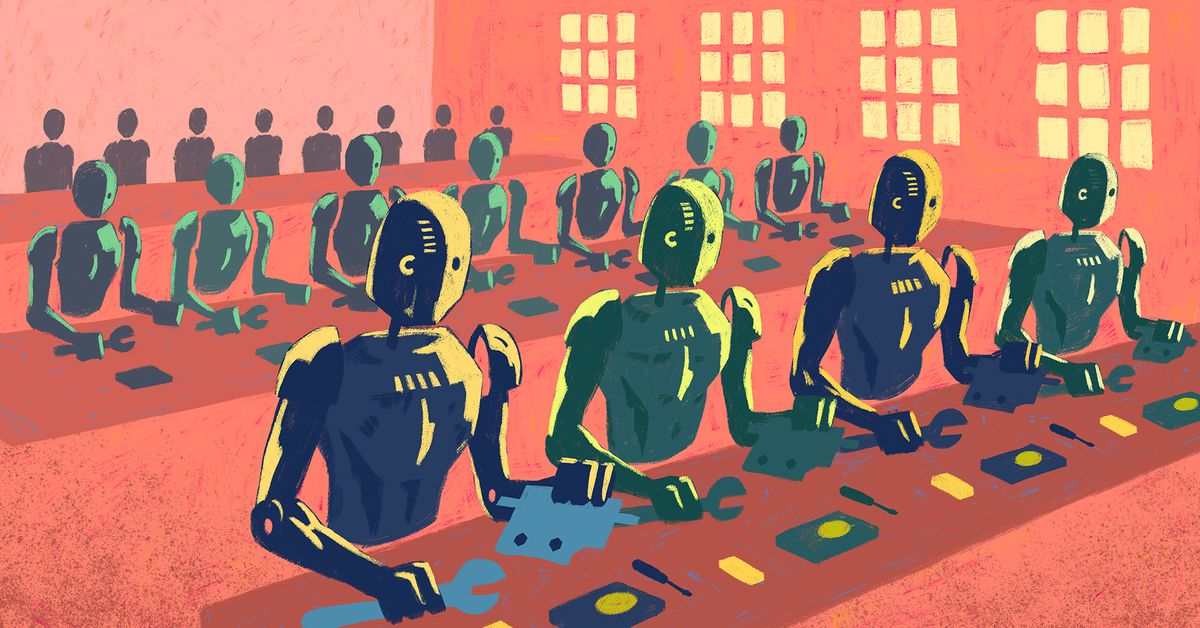Artificial intelligence (AI) is not just transforming technology; it’s also creating vast wealth, with Nvidia CEO Jensen Huang’s net worth soaring to $83.1 billion. OpenAI, the creator of ChatGPT, is valued at $86 billion, indicating the immense financial potential of AI. Beyond individual wealth, researchers like Ajeya Cotra and Tom Davidson from Open Philanthropy project that AI could trigger unprecedented economic growth, potentially reaching annual rates of 20-30% before the end of the century. This would dwarf the historical average of 3.2% since World War II and could result in a society thousands of times richer within just a few decades.
However, this optimistic scenario is contingent on AI reaching a level of sophistication that allows it to automate a wide range of tasks, including research and development. While some economists argue that AI could lead to superexponential growth by breaking the feedback loop of diminishing returns, others remain skeptical. They point to the current limitations of AI and the historical trend of sectors with high automation becoming less significant in the overall economy, a phenomenon known as Baumol’s cost disease.
The debate ultimately hinges on whether AI can achieve human-level capabilities and automate the generation of economically valuable ideas. If this becomes reality, it could lead to explosive growth but also significant unemployment and inequality. Conversely, if AI falls short of this threshold, it may still enhance productivity in sectors like healthcare and education, leading to a more modest but still impactful boost in economic growth.
Read more at Vox…
